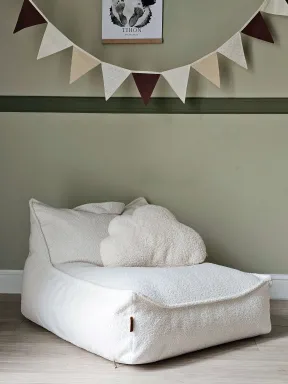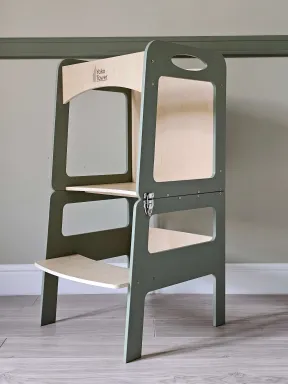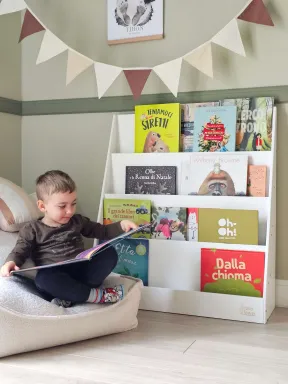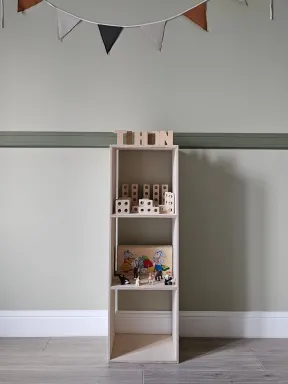- About YokoTower
- 0 likes
- 3224 views
- 0 comments
- yokotower, children's room, childhood, preschool

Start the School Journey Right: An Inspiring Space with YokoTower!
The transition from preschool life to school is a crucial moment for every child. Proper preparation goes beyond just the educational aspect; it also involves the physical environment where the child lives and studies. Organizing a dedicated study space and choosing the right furniture can make a significant difference. In this guide, we'll explore how to best prepare your child for the start of school using the tools and furniture offered by YokoTower.
Creating a Cozy and Functional Study Space
Organizing the space is fundamental to promoting concentration and learning. A well-structured environment helps the child develop a sense of order and discipline, essential qualities for tackling school challenges.
1. Choosing the Right Desk and Chair
The desk and chair are the heart of the study space. It’s important to choose furniture that is ergonomic and proportionate to the child's height. The desk should have enough space for books, notebooks, and writing tools without being too bulky.
2. The Importance of Natural Light
Light plays a crucial role in creating a stimulating study environment. Place the desk near a window to make the most of natural light during the day. However, it’s also important to provide adequate artificial lighting for the evening hours, preferably with a warm light desk lamp that doesn’t strain the eyes.
3. Organizing the Space
Maintaining a tidy environment is essential for concentration. Use child-sized shelves and bookshelves, like those from YokoTower, to organize books and educational materials. Baskets and boxes can be useful for storing small items like pens, pencils, and art supplies, helping the child keep things in order and easily find what they need.
Developing Independence and Responsibility
A well-organized study space not only promotes learning but also fosters independence and responsibility. Allowing the child to manage their own space, choosing where to store their books or how to organize materials, helps them develop a sense of ownership and care for their belongings.
1. Creating a Study Routine
Establishing a daily routine is crucial for helping the child become accustomed to the school schedule. Dedicate a specific part of the day to study time and encourage the child to stick to it. A tidy, ready-to-use desk can make this time more enjoyable and less stressful.
2. Using a Calendar and Organizational Tools
Teaching the child to use a calendar or board to note down assignments and school commitments can be a big step towards autonomy. Use creative organizational tools like magnetic boards or corkboards, which can be easily integrated into the study space.
Incorporating Play and Creativity
Don’t forget the importance of play and creativity in the study space. Learning isn’t limited to books and notebooks but can be stimulated through playful and creative activities.
1. Space for Art and Creativity
Reserve a corner of the study space for artistic activities. A small table dedicated to drawing, painting, or building projects can encourage the child to express their creativity, which is essential for balanced development. YokoTower offers a range of multifunctional furniture that can be used for both study and play.
2. Alternating Study and Movement
Encourage short breaks during study time for physical activities. A rug or small area for movement within the room can be useful for helping the child relax and reduce stress. These break times help maintain high concentration and improve study effectiveness.
Preparing your child for the start of school requires more than just books and school supplies. Creating a cozy and well-organized study environment is a crucial step in ensuring a positive and productive school experience. With the help of YokoTower's furniture and organizational solutions, you can create a space that not only supports learning but also stimulates independence, creativity, and your child's well-being.










Comments (0)